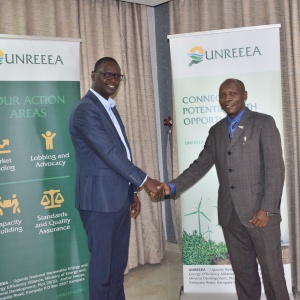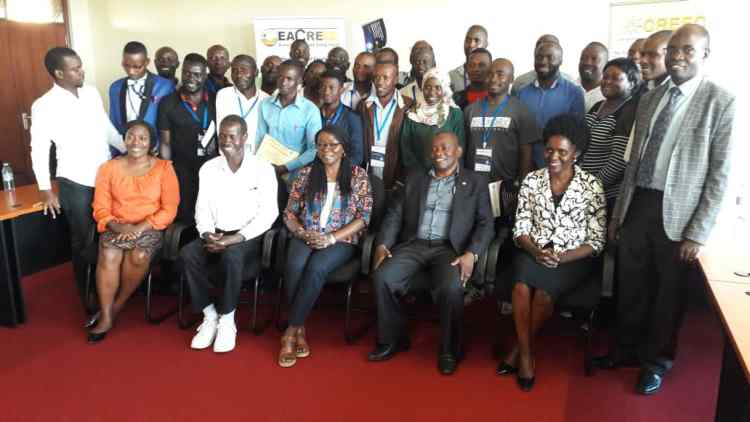Coming Up …
AFRICA 2023 International Conference and Exhibition on Water Storage and Hydropower Development for Africa (new dates) at Speke Resort Munyonyo, Lake Victoria Uganda 10th to 12th July, 2023.
Dan Marlone of HPAU takes on UNREEEA Chairmanship


Welcome to our website
Uganda is richly endowed with abundant renewable energy resources, with the potential to generate 5,300 MW; with hydro power potential alone being estimated at about 2,000 MW. Unfortunately, only about 13% of this potential has been exploited.
Since the commissioning of the first hydro power dam in 1954, the electricity sub-sector in Uganda has had its share of challenges, until privatisation of the 90s. Government and development partners have played a big role towards mobilising the stakeholders to exploit this potential.
Nevertheless, Uganda’s annual per capita consumption of electricity of 215kWh is still one of the lowest in the region, where Sub-Sahara Africa average is 552kWh, and the global average of 2,975 (Energypedia, March 2020). National access to electricity of 50% (38% rural against 78 urban access – UBOS ERT 2019) and increasing demand of 12% per year can also be improved, in a public-private partnership approach.
Hydro Power Association of Uganda Ltd., therefore, is one of the organisations whose key objective is to bring together hydro power developers, plus other key stakeholders whose core mandate is related with hydro power in particular and renewable energy in general, to interface with government and other relevant partners to lobby for the promotion of hydro power as the most appropriate technology for local, national and regional development.


Last updated: Tuesday 27th December, 2022
